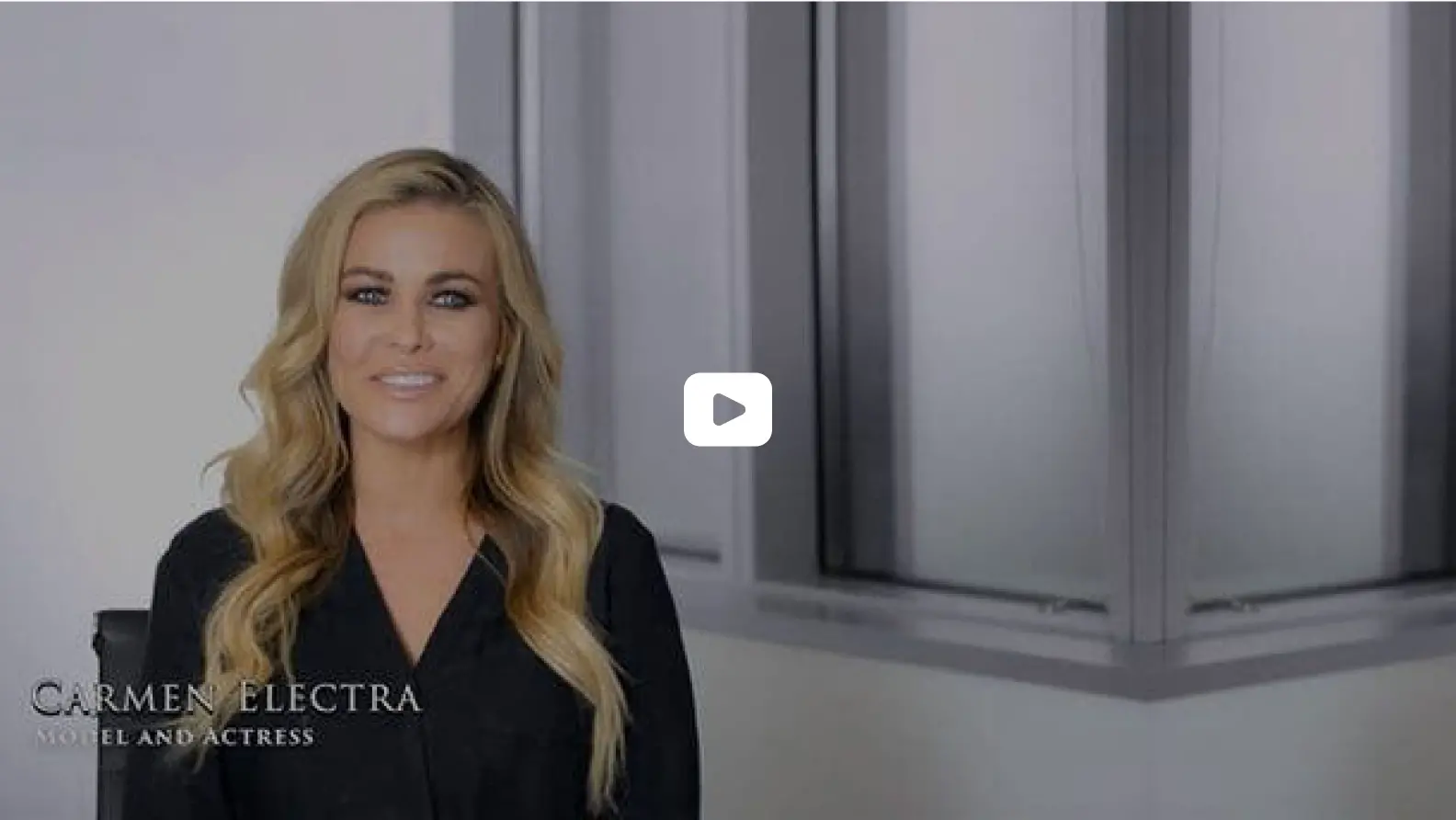
Outdoor Staircase Accidents and Premises Liability
5 Common Types of Staircase Accidents

A property owner is typically held liable for any stair accidents that occur on their property. However, stairs require unique considerations to determine liability. Stairs have obvious and not so obvious dangers. In the sections below, our premises liability attorneys will discuss stair-related accidents, along with how liability is determined.
If you have suffered injuries as a result of a premises liability accident, our experienced Los Angeles premises liability attorneys at West Coast Trial Lawyers are always here to answer any questions you may have about premises liability claims and available damages. To contact our 24/7 legal team, you will need to call 213-927-3700 or fill out our quick contact form.
Icy or Wet Stairs
The accumulation of rain, snow, or ice on outdoor stairs is a huge slip and fall hazard. A property owner has an added duty of care in such weather conditions. Furthermore, if a property owner is already aware that outdoor stairs on their property are prone to accumulate water or ice, they have a responsibility to address the issue. Failure to do so may incur liability.
Slippery Surfaces
Another typical stair-related hazard is a slightly worn out piece of step that doesn’t immediately appear worn out, yet is slippery. Also, there are tile or wood stairs that are extremely slippery. These stairs may be beautiful, but a property owner can be held liable if someone suffers a slip and fall.
Inadequate Handrails
Proper handrails are a requirement for most types of stairs. If a victim fell on stairs that were legally required to have handrails and didn’t, the property owner will likely be held liable for any losses suffered.
Furthermore, building codes will typically dictate that handrails must be of a specific height or width, as well. A handrail that isn’t properly installed may also cause a fall even if the stairs themselves were perfectly safe.
Stair Height and Depth
The part of the step that is vertical is called the riser and the horizontal part is called the run. There are building codes that determine measurements for risers and runs. If stairs are not built up to code they are inherently defective and may subject a property owner to liability.
Uneven Stair Heights or Depth
There are also building codes that determine the amount of variation from one step to the next. In other words, there are codes that regulate the height or depth from one step to another. These codes are important because people are expecting the distance from one step to the next to be more or less the same. A minor deviation, such as when the next step is further away than the previous, can result in someone losing their balance and falling.
Premises Liability and Outdoor Staircases
According to California Civil Code 1714(a): “Everyone is responsible, not only for the result of his or her willful acts, but also for an injury occasioned to another by his or her want of ordinary care or skill in the management of his or her property or person.”
Premises liability lawsuits that involve stairs require an injured individual to prove that he or she was harmed because of a property owner/manager’s negligence. An injured individual must specifically prove that the:
- Defendant leased, owned, occupied, or was controlling the property where the incident took place
- Defendant acted negligently regarding use or maintenance of the property
- Plaintiff was hurt
- Defendant's negligence was the primary factor that caused a plaintiff's injuries
As mentioned, all property owners have a duty of care to reasonably maintain their premises. A duty of care for a property owner essentially encompasses any actions that a reasonable property owner should take or should have taken in similar circumstances, such as removing excess water or snow, or adding non-slip matts. It’s also important to understand that a property owner’s duty of care may vary depending on who is on their property.
When it comes to deciding if a property owner/manager breached his or her duty of care, the following will be considered:
- How likely is an injury to occur given the circumstances?
- How serious could such an injury be in these circumstances?
- Did the owner know about or should have known about the hazardous condition that caused the accident?
- Where is the property located?
- How much of a burden would it have been to minimize or eliminate the hazardous condition?
- How much control did the property owner have over the hazardous condition?
If it can be proven that a property owner failed in their duty of care, and this failure caused a stair accident, an aggrieved individual will typically be entitled to damages for his or her losses.
Contact West Coast Trial Lawyers to Find Out How We Can Help
If you have sustained injuries as a result of a premises liability accident, a skilled premises liability attorney at West Coast Trial Lawyers can help you recover compensation for the losses you have suffered, including medical bills, property damage, lost wages, and pain and suffering.
Call us today by calling 213-927-3700 or filling out our contact form to schedule a free consultation with our experienced, caring, and compassionate legal team.




